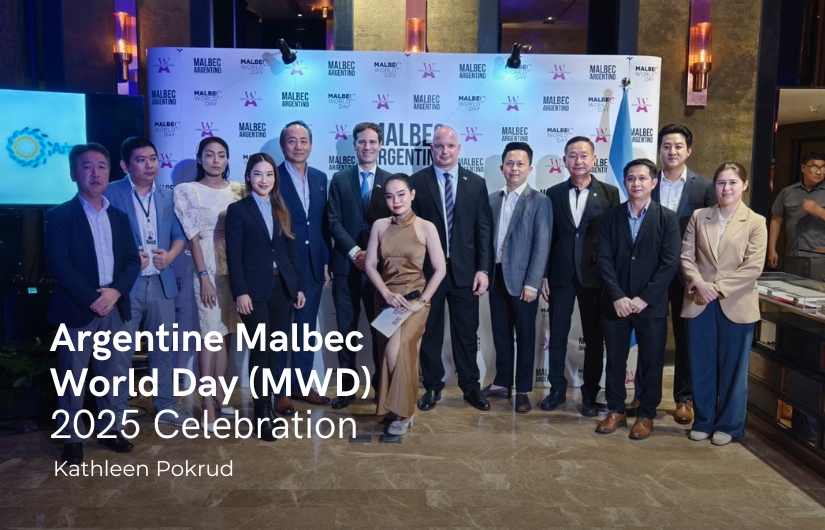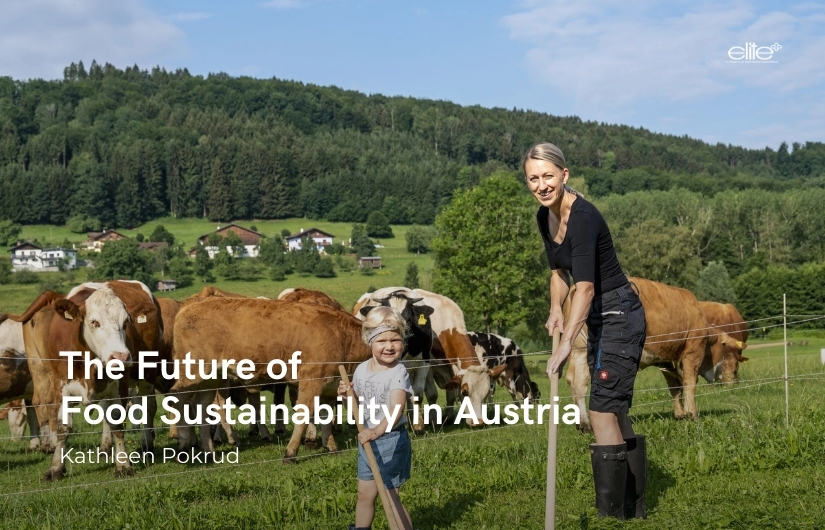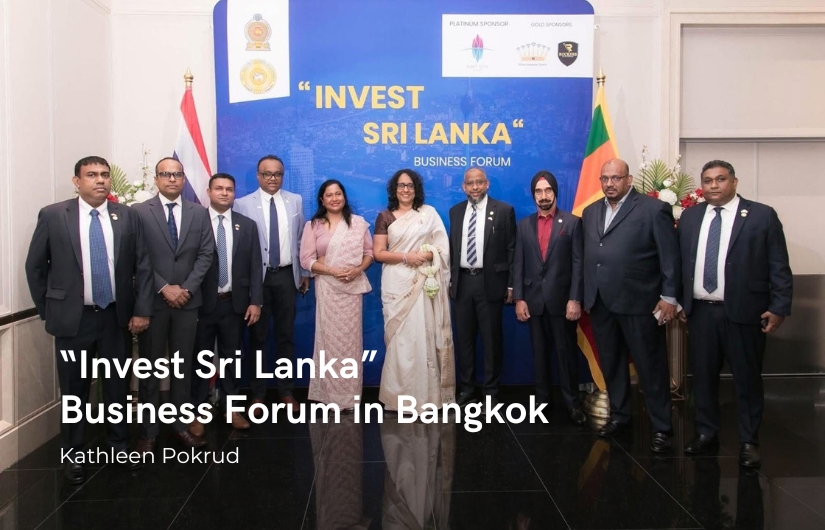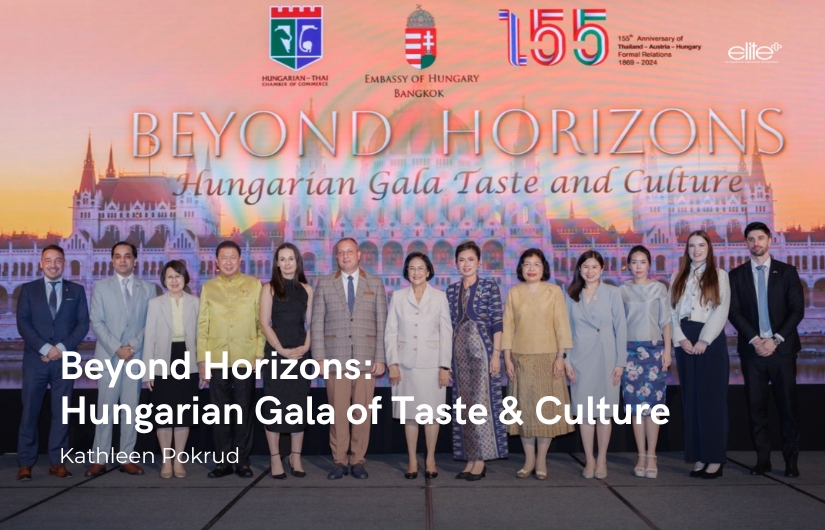HE Ambassador Park Yongmin: Expanding Bilateral Ties Between The ROK And Thailand
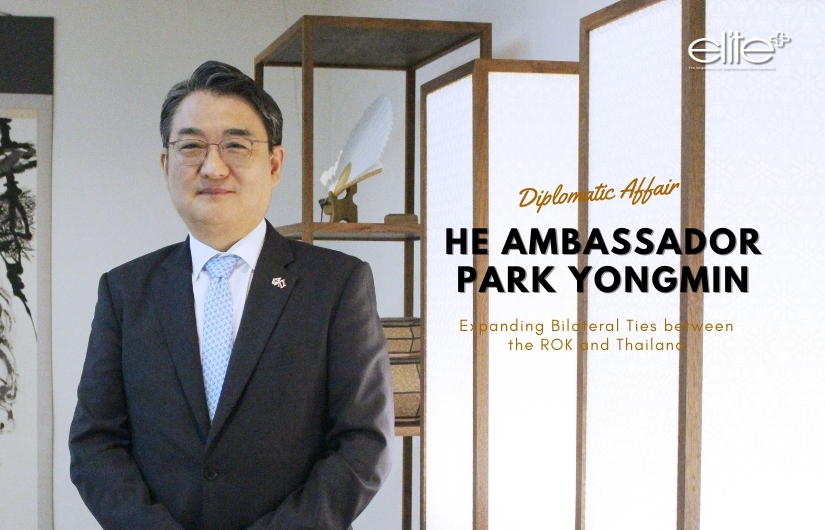
HE Ambassador Park Yongmin officially assumed his post the beginning of this year. The diplomatic relations between the Republic of Korea (ROK) and Thailand have been continually evolving over the past six decades since 1958. Elite+ was fortunate to sit down with Ambassador Park who has been actively engaged in his diplomatic responsibilities since his arrival to Bangkok.
Ambassador Park has served as a career diplomat with the Foreign Service for 33 years. His overseas postings include the US, Oman, Indonesia, Japan and at the ROK mission to the United Nations in New York. He has been in charge of Korea-US relations, UN affairs and the ‘Six-party Talks’ regarding the North Korean nuclear issue. His also served as a director-general in charge of the Middle East and Africa Bureau and Deputy Minister for multilateral and global affairs.
Ambassador Park is proud of what the ROK has achieved since he joined the Foreign Service in 1991. “During the past three decades, I feel fortunate to have watched the dynamic changes of the global order and the rise of Korea’s position in it. To put it in simple figures, Korea’s per capita GDP was USD 140 when I was born, USD 7,000 at the start of my career and has now reached USD 35,000.”
How would you say your first posting as the ROK ambassador to Rwanda helped you prepare to assume the ambassadorship to Thailand?
I have been assigned to many different posts, like a ‘Jack of all Trades’. Though I lack strong expertise in any particular subject, like some of my specialist colleagues, I have been afforded the opportunity to observe closely international issues in a relatively wide perspective and from diverse angles, which has helped me to learn.
All countries are different, with contrasting stories, pains, merits and habits in unsimilar contexts. Nevertheless, all nations are alike in that people everywhere love virtues, hate vices and aspire to become better human beings and communities. How these aspirations are expressed is bound to be different from one country to another because of their differences. The fundamental role of diplomacy is to deal with the different phenotypes of related human urges in a smooth and peaceful way. The more disparity you experience, I believe helps a person become more competent in doing this job.
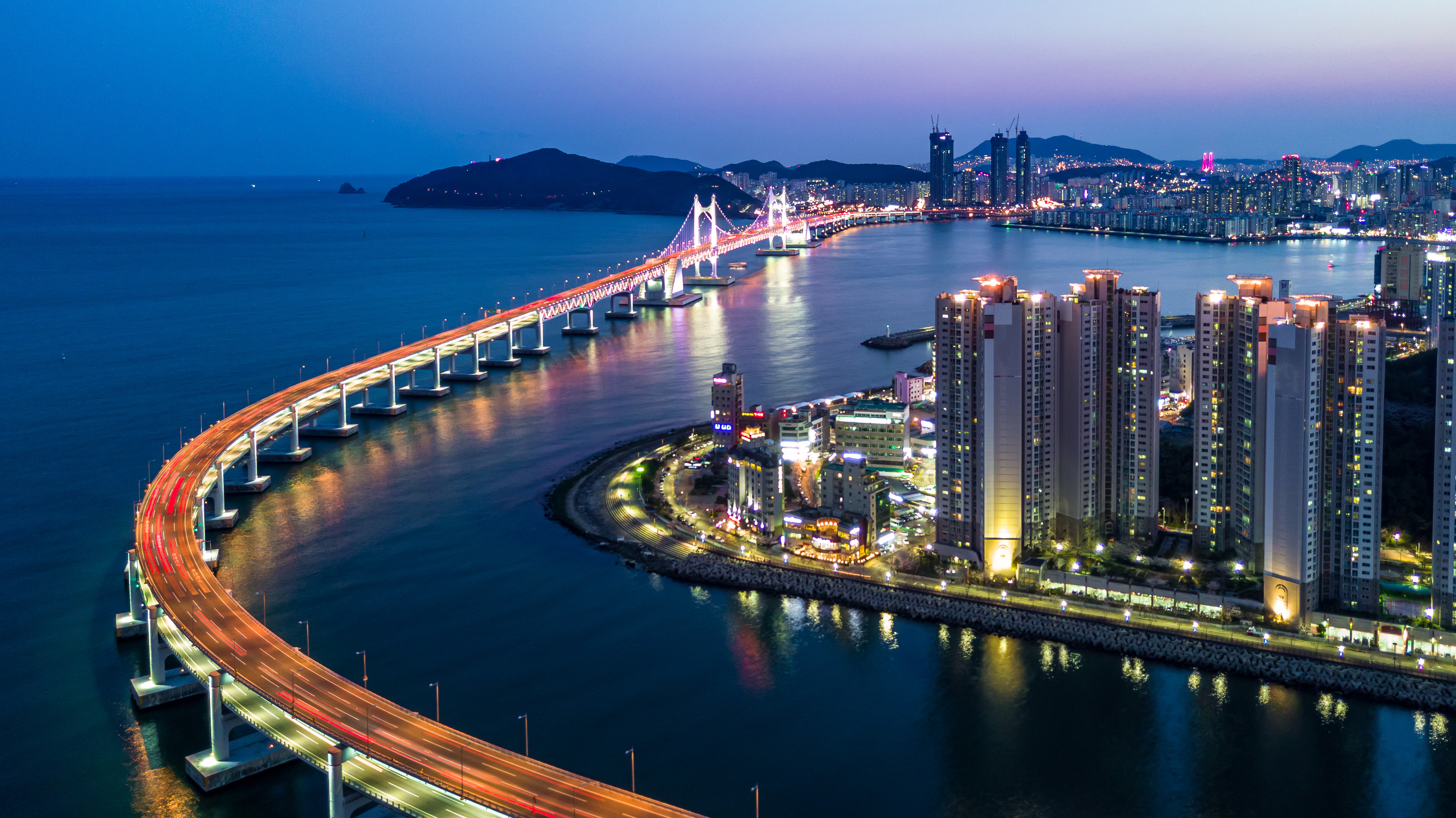
Prior to your arrival in Bangkok, you were deputy minister for Multilateral and Global Affairs. Can you tell us how this experience has helped to set your direction in developing closer bilateral ties between our two countries?
John Donne wrote that “No man is an island, entire of itself; every man is a piece of the continent, a part of the main.” No country stands alone either. Both Thailand and Korea belong to a wider community and thus, we cannot make necessary changes by ourselves alone. Having dealt with multilateral affairs, I have been able to see the coordinates of our two countries within the global mapping. Generally speaking, we are very close in the conceptual and contextual map of world affairs. Such a viewpoint can help me to be a better ambassador.
As the new Republic of Korea’s ambassador to Thailand, what plans do you have for 2024 and beyond?
The Korea-Thailand relationship has such a huge unfulfilled potential. I will give you just one example. In 2022, our bilateral trade reached its historical record of USD 16.5 billion, which sounds like a lot. But that was only one-sixth of the Korea-Vietnam trade the same year. This does not fit well to the fact that Thailand is second in terms of GDP and third in terms of trade volume among ASEAN members. Today, Korea-Thailand trade ranks at only sixth among Korea’s trade with ASEAN partners.
Why is this the way it is? My priority is to identify the reasons, diagnose problem areas and then prescribe necessary measures to improve this. If it is due to lack of political will, my job is to send alarm signals to both governments. If it is because of bureaucratic red-tape, I will need to meet more people and send out wake-up calls. If it is for other reasons, I will need to improvise other means to deal with them. The bad news is that all the other ambassadors in Bangkok I have met seem to be struggling with similar questions, and none yet seem to have found a panacea. On the other hand, the good news is that Thailand and Korea recently announced the beginning of negotiations for an Economic Partnership Agreement, which includes FTA elements. Meanwhile, like any good student, I will need to keep struggling to find answers, or solutions, to the many questions I am facing.
In another vein, there is the issue of Thais overstaying in Korea. They comprise 36% of all ‘illegal residents’ in Korea, making them first in this category. Eight among ten Thais in Korea are ‘little ghosts’, or 77% of all Thais in the country. This creates a double-edged problem. First, the overstaying workers themselves, there to make money, can often fall into a very vulnerable status, easy to be taken advantage of. Many of them end up indebted to the brokers who send them to Korea. Although Korea has a tough legal penalty for the employers of illegal workers, and our law enforcement authorities diligently repatriate a large number of them, the number keeps going up. This is bad for the image of Thailand among Korean people.
Secondly, this leads to the Korea Justice Ministry, who is in charge of immigration, toughening its inspections on immigrants. This then becomes a burden that innocent tourists who visit Korea have to deal with. Many of them then tend to face tough immigration inspections, experience unnecessarily unpleasant questions and procedures, and some are even rejected entry at the airport. This is bad for the image of Korea among the Thai people.
This is a very difficult problem to solve, but one that definitely needs to be resolved. Our embassy is working closely with both Thai and Korean authorities to improve the situation.
What advice would you give to Thai entrepreneurs who may be interested in trading with the ROK?
There is no one-size-fits-all solution for each case. One must remember that companies that have invested in another country are not just competitors, but also colleagues. Stories about trials and errors and do’s and don’ts can be shared.
There is a Korea Trade-Investment Promotion Agency here in Bangkok to help entrepreneurs of both countries. Employment issues can be discussed with the Bangkok Center for Employment Permit System. Our embassy is always pleased to connect necessary institutions tailored to the needs of entrepreneurs.
How many South Korean companies are in Thailand, and what businesses are they involved in?
There are about 400 Korean companies operating in Thailand, evenly distributed between the manufacturing and service industries. The number of Korean companies entering Thailand is the third largest in ASEAN, following Vietnam and Indonesia.
About half the Korean companies here are involved in manufacturing such as electricity, electronics and steel. Many companies are located within the special economic zone, the Eastern Economic Corridor (EEC). Well-known conglomerates, including Samsung Electronics, LG Electronics, POSCO and Poongsan have manufacturing plants in Thailand.
With the popularity of Korean content in Thailand, entrees into the food and beverage, online service platform, and content fields are steadily increasing.
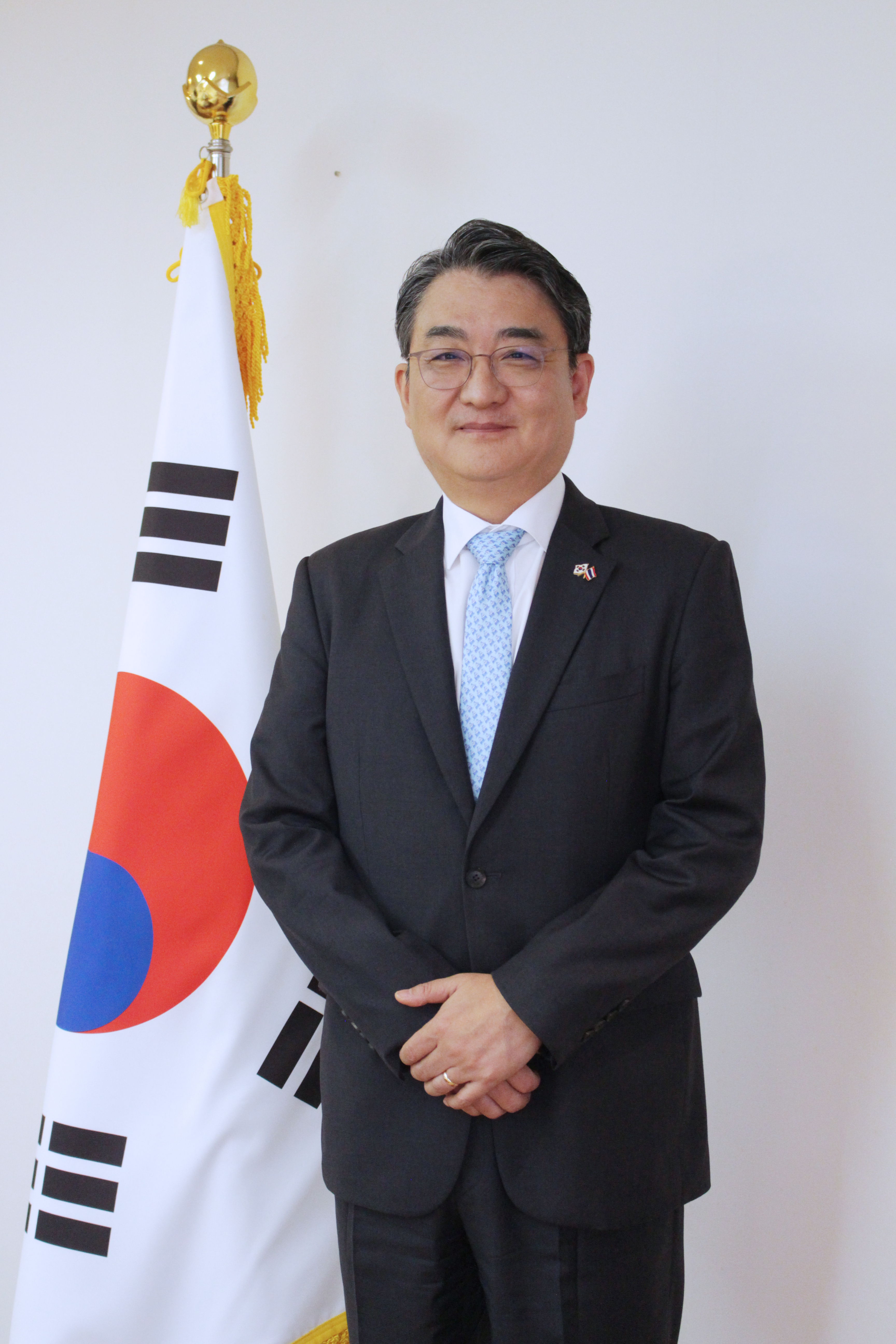
Since your arrival, what has impressed you most about Thailand and its culture, and what plans do you have to experience more of what the Kingdom offers?
My simple answer is ‘Everything’. From food to festivals, every cultural aspect has interested me. I enjoy the beautiful scenery of Chiang-Rai, the unique festivity of Songkran and Thailand's exquisite local culinary cuisine. However, what has most impressed me is the people. I now understand why 40 million people every year are drawn to Thailand. The true soft power of this country is its people, their kindness, their beautiful smiles and their sincere spirituality.
Other countries are precious mirrors where we can rediscover who we are. The Korea reflected in the mirror called the Kingdom of Thailand looks like a very desperate and stressful society. Everything Korea has achieved – from semiconductors to K-pop – was accomplished through desperation. Starting from a war-torn, resourceless, internationally aided country, Korea has always been desperate for success. Here in Thailand, I have been able to discover what we may have lost in the process – i.e., the spiritual room. I plan to travel everywhere in this beautiful country, meet as many people as possible from all walks of life and experience the diversities Thailand offers during my tenure in Bangkok, so I can bring back home what I will have learned.
To conclude, do you have any final thoughts you would like to share with our readers?
Korea is not just the country of K-pop and Netflix dramas. It is the only country in the whole world that was a recipient of Official Development Assistance (ODA) and became a member of the Development Assistance Committee (DAC) of the Organization for Economic Co-operation and Development (OECD). It is a case worthy of deeper studies. When I attended a Thailand Development Research Institute Foundation (TDRI) presentation, it depicted a comparison of Thailand with a number of other countries, but Korea was not included in the statistics. I don’t know why, but there seems to be some lack of interest about Korea at the policy level. For Thailand, perhaps becoming the next Korea might be a more feasible target than becoming the next China, UK, or France, just to name a few listed in the statistical charts.
For Elite+ readers, I would recommend diving deeper into a deeper side of Korean culture, further than just K-beauty and K-food. There exists a whole range of interesting history, literature and art of Korea waiting to be explored and discovered.
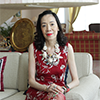
Kathleen Pokrud 148 Posts
In the business community, she serves on the Board of Directors with the Thai-Hong Kong Trade Association. Kathy is on the Thailand Tatler Magazine Expat Society The 200 List. She is the Honorary Columnist and contributing writer to a few leading English magazines. She and her husband, RADM Dr Boonyarit Pokrud have one son who is currently based in Boston, USA.




